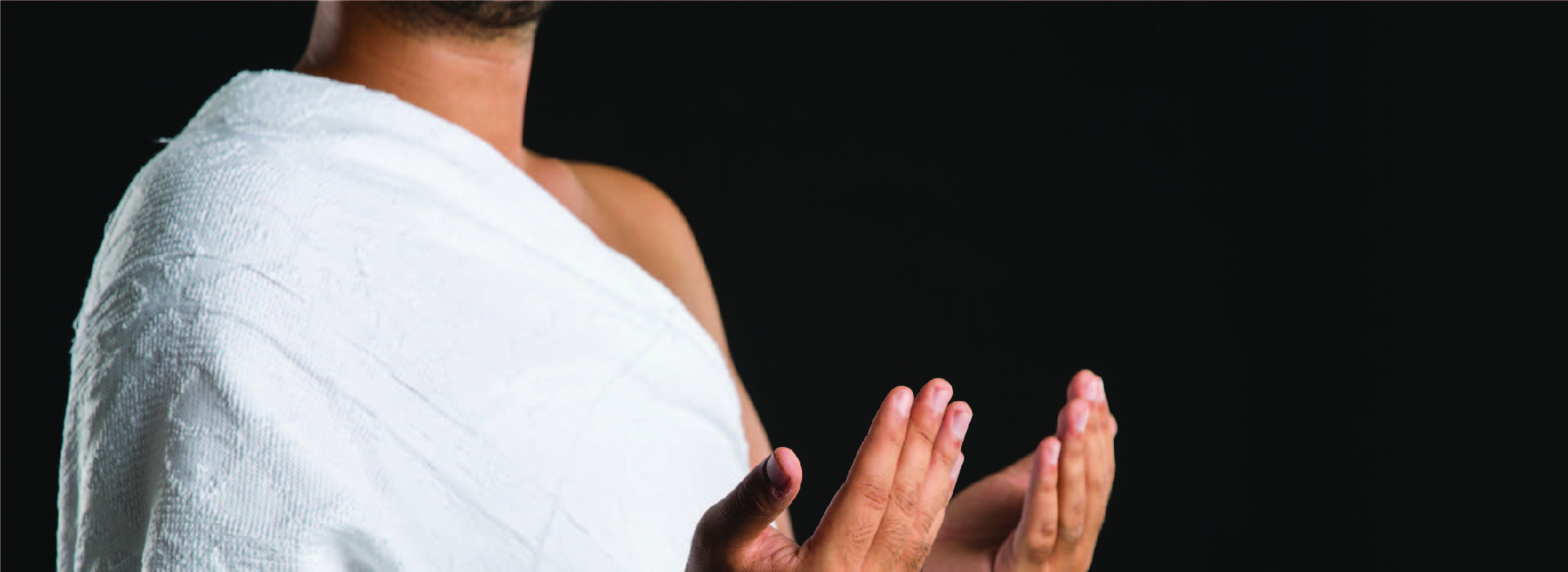Consult
Consult your physician and other health care providers in advance to ensure you maintain normal blood sugar, blood pressure, and lipid levels and aren’t suffering from any acute illness that could become aggravated and prevent you from completing your Hajj.
 Patient Relations
Patient Relations



